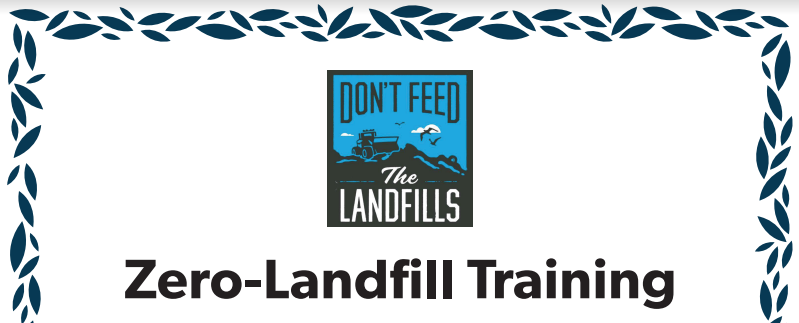Call Us Today
Lost in Light II - a short film on Light Pollution
Lost in Light II is a short film showing how light pollution affects the view of the night skies using one of the most prominent constellations - The Orion.
The success and reach of my previous film ( see bottom of page)- made the news in over 40 countries and published on National Geographic, inspired me to make a follow up to help people even better relate to night skies and further raise awareness on light pollution. One thing I realized from my last film was that people were able to relate to the difference between the light pollution levels but not the Milky Way itself. The Milky Way appears more colorful to a camera than it does to our eyes and most people haven’t seen it. But, the Orion is a more common sight. It’s a great subject to help explain light pollution.
Astronomy is a humbling and character building experience like Carl Sagan puts it. Being under a sky full of stars makes you feel tiny, humble, kind and caring. But, thanks to light pollution, most people lack this connection. Millions of kids are robbed of finding their passion for Astronomy. We've lost the potential for thousands of great minds. We are losing our identity only increasing the difference between us. In less than hundred years, we have drastically altered our night time environment. Light pollution affects our health, disrupts our sleep patterns, increases the risk of cancer, diabetes, hormonal disorders and other diseases.
Millions of birds are killed each year colliding into brightly lit buildings. Baby sea turtles(hatchlings) are often confused by bright lights and never make it to the sea. And we've only begun to understand the effects. But, fortunately, there are ways to fix it. The International Dark Sky Association recommends using shielded lighting, low color temperature LEDs(2700K and less), motion sensors for safety than leaving lights on all night. Unshielded bright LEDs create a lot of glare and impairs vision. Several cities and municipalities have recently switched to dark sky friendly lighting and people are welcoming the change - they’ve hardly noticed any difference in lighting and in fact, hated harsh bright lights. Tucson, Phoenix, Montreal, the state of Georgia are all examples. It makes me really happy and optimistic hearing these success stories. Fighting light pollution does not mean turning all your lights off, it’s about being wise with our lighting choices.
What can we do ourselves? Start by inspecting the lighting in our homes. Home Depot has a separate section for dark sky friendly lighting. Then, look for bright unshielded lights on nearby streets, parking lots, etc. Raise awareness on the issue, get help from the IDA to make your city write lighting ordinances. Together, we can fight pollution and have our night skies and our identity back. Music: Imagine by Ryan Taubert Copyright All Rights Reserved
Lights Out Texas - Turn Lights Out for Birds
Every spring and fall, billions of birds migrate through the US, mostly under the cover of darkness. This mass movement of birds must contend with a dramatically increasing but still largely unrecognized threat: light pollution. Light pollution harms birds, but you can help! Learn more:
https://birdcast.info/science-to-acti...
Turn off or dim non-essential lighting during critical migration periods! Turning off lights dramatically reduces hazards from attraction to and disorientation by light, allowing birds to safely proceed with their migratory journeys. And further, Lights Out does more than save birds, it saves energy and money! The Environmental Protection Agency highlights energy as the largest operating expense for commercial buildings. Reducing energy use by shutting off lights for migration season makes environmental sense and fiscal sense.
Lights Out is a win-win for birds and cities, and the people who love both. By working together toward a dark sky every spring and fall, we will keep birds safely on course and out of harm’s way. Each light matters, and your commitment makes all the difference. Lights Out Texas, Turn Lights Out for Birds!
#LightsOutTexas
#birds
#DarkSkies
Saving the Dark | Documentary | Light Pollution [HD]
80% of the world’s population live under light polluted skies.
What do we lose when we lose sight of the stars?
Excessive and improper lighting robs us of our night skies, disrupts our sleep patterns and endangers nocturnal habitats. The current advances in LED technology have enabled several cities to safely light their streets and save energy without disrupting the nighttime environment. Saving the Dark explores the need to preserve night skies and what we can do to combat light pollution.
Created in association with the International Dark-Sky Association.
Book Your Tour or event
Call Us
Now!





